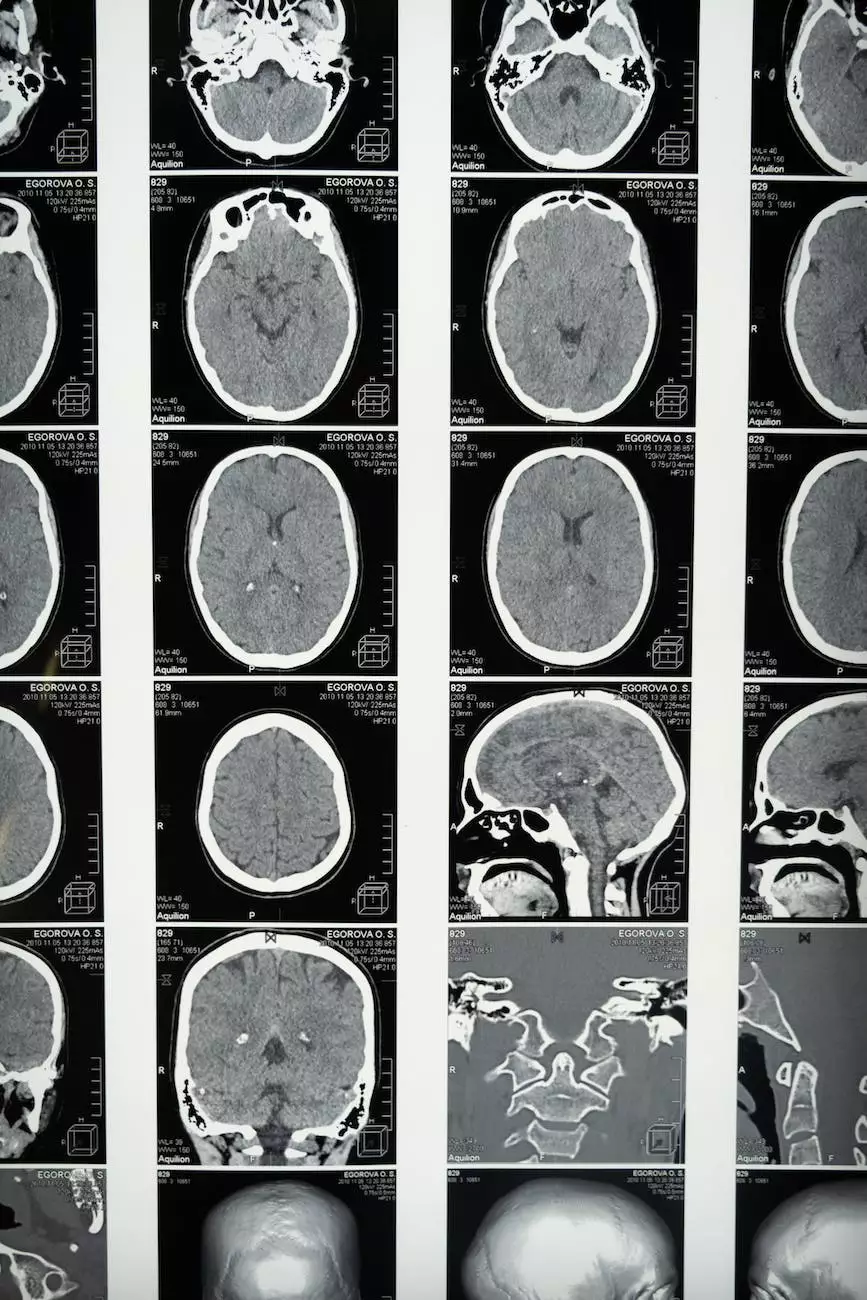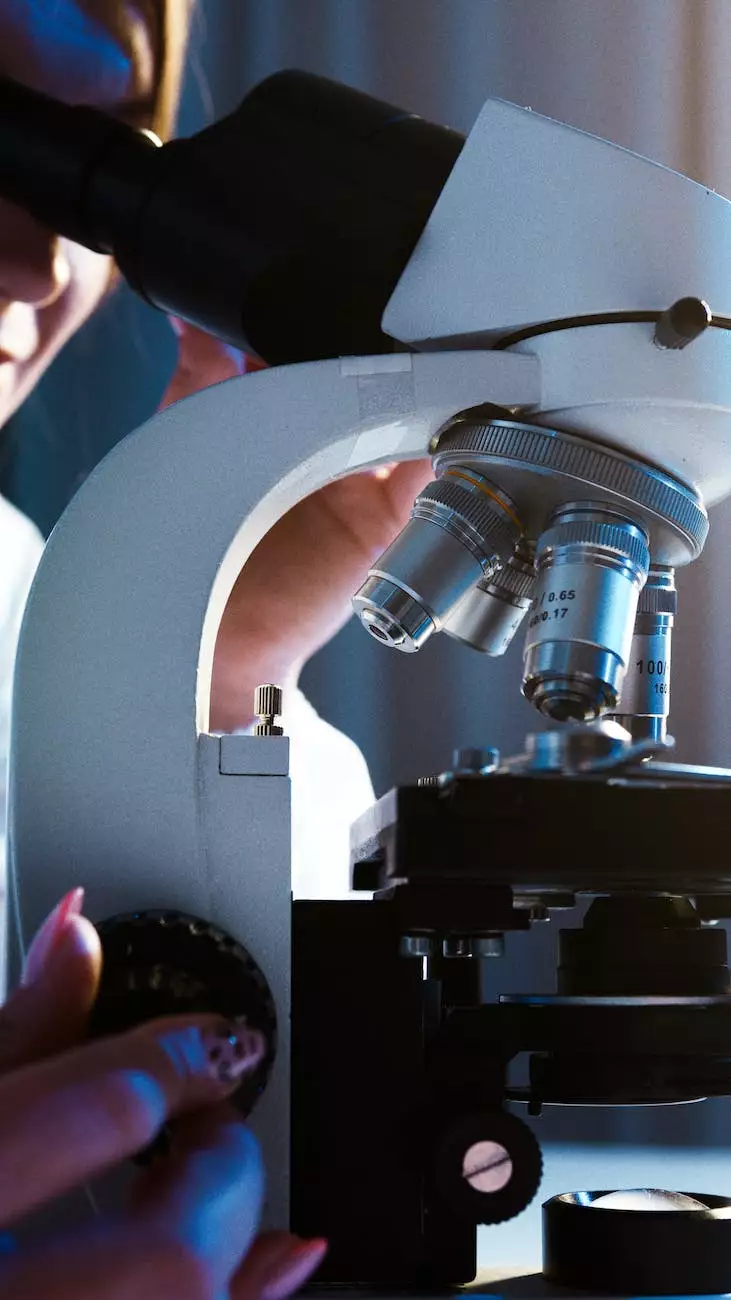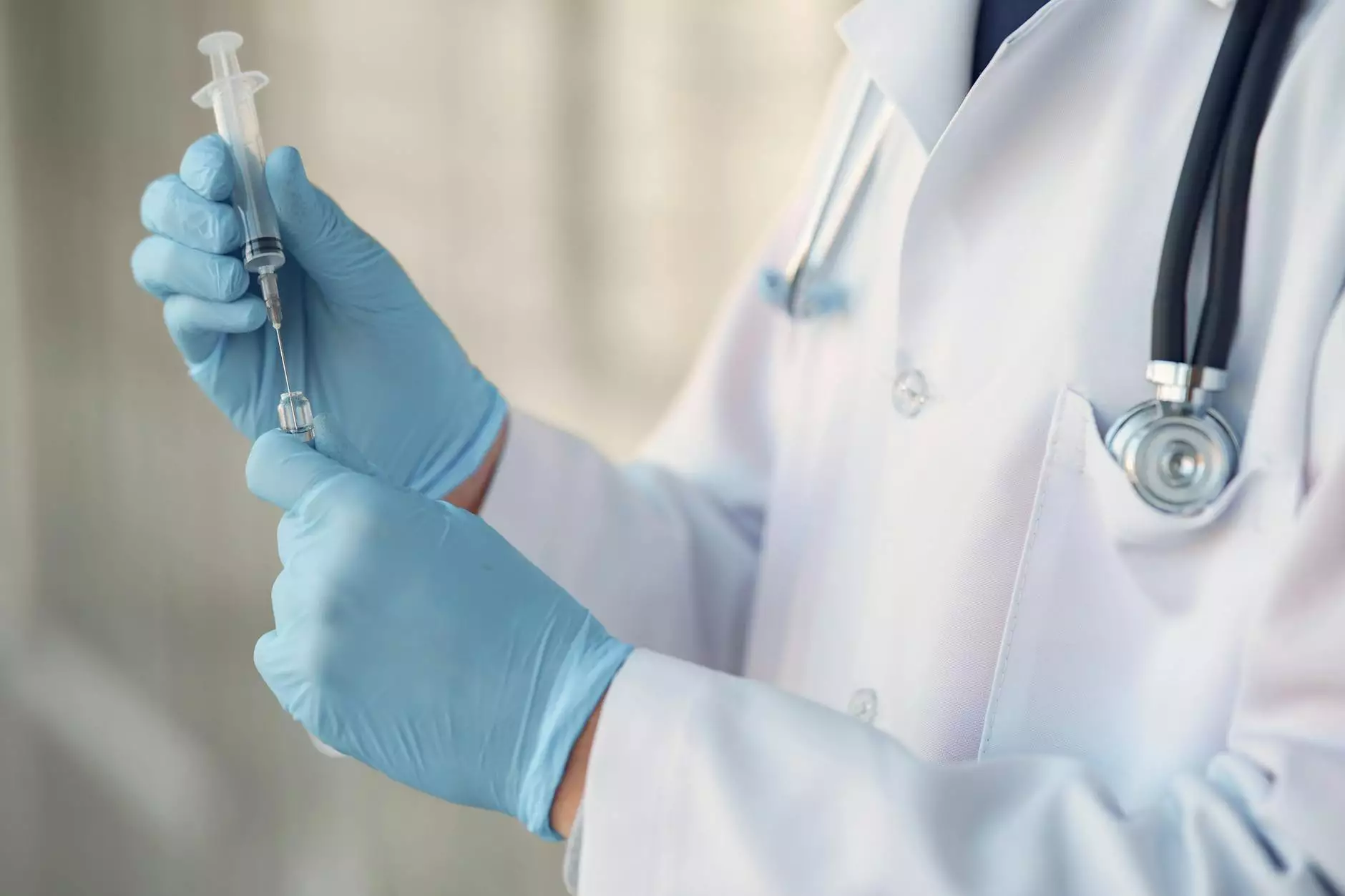Diagnosing Varicose Veins: A Comprehensive Guide

The Importance of Diagnosing Varicose Veins
Varicose veins are a common vascular condition that affects many individuals. They occur when the vein valves fail to function properly, causing blood to pool and the veins to become enlarged, twisted, and sometimes painful. While varicose veins are often considered a cosmetic concern, they can also lead to more serious health issues if left untreated.
Diagnosing varicose veins correctly is crucial in order to determine the appropriate treatment plan and prevent further complications. Whether you are experiencing discomfort, noticing visible signs of varicose veins, or have a family history of the condition, seeking professional medical advice is essential.
Benefits of Seeking Professional Medical Advice
When it comes to diagnosing varicose veins, consulting with a specialized doctor in vascular medicine is highly recommended. By choosing the Vein Center of Arizona, you can rest assured that you are in the hands of experienced professionals who prioritize comprehensive care and patient well-being.
Our team of dedicated doctors understands the complexity of varicose veins and utilizes advanced diagnostic techniques to accurately assess your condition. By conducting a thorough examination and considering your medical history, our doctors can provide an accurate diagnosis and develop a personalized treatment plan that suits your unique needs.
Diagnosis Methods Used by Our Doctors
At the Vein Center of Arizona, our doctors employ various diagnosis methods to ensure an accurate assessment of your varicose veins. These methods include:
- Physical Examination: Our doctors will examine the affected areas, looking for visible signs of varicose veins such as enlarged veins, skin discoloration, or ulcers. They will also assess any associated symptoms like pain, swelling, or discomfort.
- Medical History: Understanding your medical history is vital in diagnosing varicose veins. Our doctors will ask you about any relevant health issues, previous venous conditions, or family history of vein disorders.
- Doppler Ultrasound: This non-invasive imaging test allows our doctors to visualize the blood flow in your veins and detect any abnormalities. It helps in identifying the location, extent, and severity of varicose veins.
Treatment Options Based on Diagnosis
Once your varicose veins are accurately diagnosed, the Vein Center of Arizona offers a range of effective treatment options. These treatments are tailored to address your specific condition and alleviate any associated symptoms. Some of our common treatment methods include:
- Endovenous Ablation: This minimally invasive procedure uses laser or radiofrequency energy to seal the affected veins, rerouting blood flow to healthier veins.
- Sclerotherapy: A popular treatment for varicose veins, sclerotherapy involves injecting a solution into the affected veins, causing them to close and fade away.
- Phlebectomy: In this outpatient procedure, tiny incisions are made to remove the affected veins, promoting better blood circulation.
- Compression Therapy: Wearing compression stockings aids in reducing pain, swelling, and discomfort caused by varicose veins.
Contact the Vein Center of Arizona Today
If you suspect that you have varicose veins or require a proper diagnosis, don't delay seeking professional medical help. The Vein Center of Arizona is your leading destination for high-quality vascular medicine services. Our team of experienced doctors is dedicated to delivering exceptional care and helping you find relief from varicose vein symptoms.
Contact us today to schedule a consultation and take the first step towards healthier, pain-free legs!










